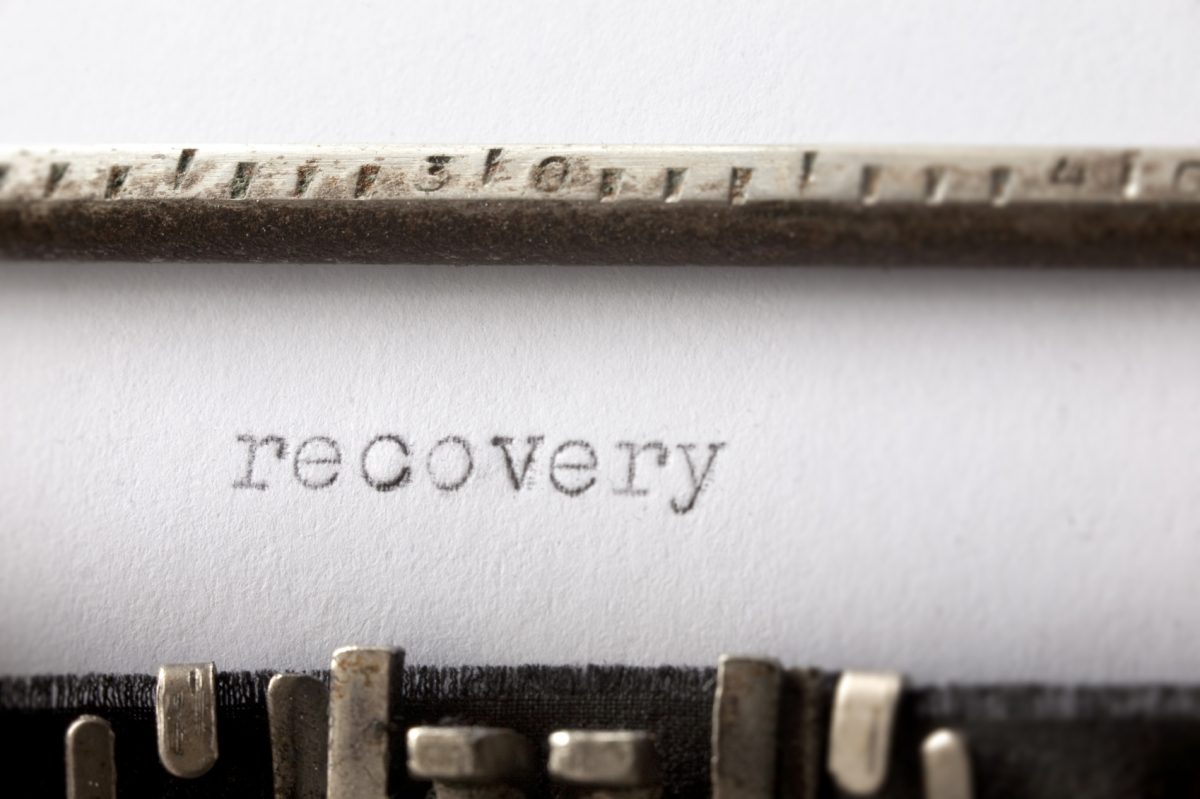
When it comes to recovery, the only road towards real change for the better is the road you choose, and the road you walk.
Unlike many of life’s defining moments where the line between choice and circumstance blurs into the unknown, there is nothing clearer than choosing to get better. No one can force you into recovery. And only you can hold yourself accountable for it.
Recovery is a Choice, and It Can Be Yours
Sometimes, the debate between choice and circumstance is confusing, in relation to addiction. Yes, addiction begins with a choice. But the consequences that follow – and the actions many people find themselves guilty of – are not chosen freely. Just one hit from a drug like cocaine can tremendously affect the brain and predispose you towards another hit. And if you give in, it becomes a lightning-fast cascade down into addiction.
No one chooses addiction. People choose the high, to escape pain, or emptiness, or find a way to fit into a group. Then they realize the scope of their problem and find themselves trapped in a cycle. Without help, getting out is almost impossible. But with a little assistance, and the will to get better, you can break the cycle.
That is where choice comes back into play. If you’re stuck in denial, then you cannot break the addiction. If you’re sent into rehab for treatment but don’t choose to get better, then a relapse is imminent.
But if you choose to get better, today, and make that commitment towards a new chance at life, then you can claim a better life for yourself and those around you. But it’s not a single choice you make once, and then never look back. It’s a choice you have to make again and again, sometimes several times a day. That’s the commitment.
Recovery is a Daily Choice
Curing addiction is not quite like getting a tetanus shot. It takes time, depending on what you were taking, how long you were taking it, and other factors such as age and genetics. In most cases, the hardest part lasts a few weeks to a few months, where your newfound sobriety and recovery is coupled with mood swings. Over time, the cravings – which are very powerful to begin with – begin to subside. And within about a year, most of the changes made to the brain over the course of the addiction fade away.
Until then, the choice to stay sober will present itself again and again, adamant that you reiterate your commitment.
After a while, it can start to feel difficult to remember why you chose sobriety in the first place. Fond memories of old habits resurface, and the urge grows strong. That is why you’re not meant to walk this path completely alone. Having sober friends around to remind you why you’re doing this can help keep you on the straight and narrow – but even with help, you still have to choose to ignore the cravings.
Addiction is Not a Choice
When the brain is exposed to an addictive drug, it begins to change. The reward system in the brain, which releases dopamine based on certain actions and parameters, shifts to favor the next high over almost everything else.
You become a shadow of your former self, and the addiction grows stronger and stronger. In the meantime, it eats away at the brain, causing brain damage and affecting both memory and decision making.
As far as diseases go, addiction is terrifying. And it’s treatable. Recovery makes this possible.
Living with Your Choices
Sometimes it is hard to tell how much our actions are influenced by forces we do not usually control. Our brain is a very complex piece of biology, and certain parts of it heavily influence our decision making and our ability to make choices in life. So where does choice come into play if our choices are often affected by mood and base instinct?
There are many ways to approach this subject and discuss it in depth. Yet one simplistic way of looking at it is through the distinction between principle and desire. Principles help us shape who we are based on the virtues we value the most – by acting on our principles, we try and become better people, and aim to improve the world around us.
Principles are entirely a matter of choice. The ability to do something no matter how much we would rather do something else. In the case of addiction, many struggle to stick to their newfound principle of sobriety – and many relapse, at least for the first few times which is a set back for recovery.
Stumbling and making mistakes is part of becoming a better person. We do not change overnight. But we can change, and with time, your principles go from being lofty goals, to defining who you are and how you see yourself – and how others see you.
Choosing to stay sober is a choice. Maintaining that choice, however, is not always just a matter of sheer will. Will can only get you so far when it comes to addiction, especially early on. While your conviction is important, it is also important to spend the first few months in the company of people who can help you stay sober – or better yet, in a sober living community, where a drug-free environment is coupled with a community built around responsibilities, self-discipline, commitment and contribution.
Even after that, it is a good idea to surround yourself with friends and family who can help support you, while you support them. Interdependent relationships help foster trust between you and others and can help you become someone others can rely on once again, which makes recovery easier. If you ever have a day where making the right choice becomes hard, then having your friends and family around can make it a lot easier.
No one wakes up loving the sober life. But it gives you an opportunity to craft a life you can truly fall in love with. Getting there starts with getting help and choosing – every day – to stay sober and work on recovery.





